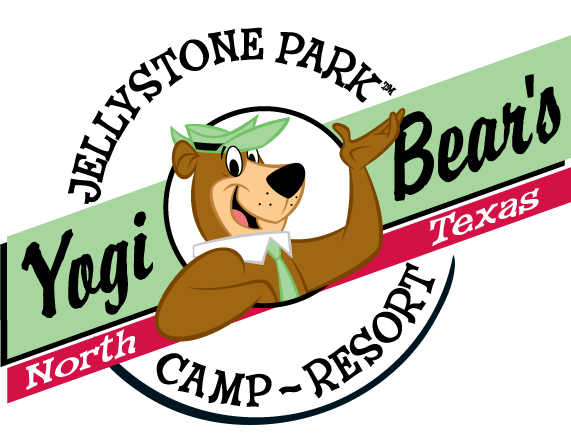Sure, camping is fun, but did you know it can actually be beneficial to your health? Scientific studies in recent years have discovered a number of things that affect our physiology while camping in many positive ways.
SLEEP IMPROVEMENT: You may or not be aware of Circadian Rhythm. Often referred to as the “body clock,” the Circadian Rhythm is a cycle that tells our bodies when to sleep, rise, eat—regulating many physiological processes. This internal body clock is affected by environmental cues, like sunlight and temperature. What does this have to do with camping? When you’re indoors most of the time, you’re exposed to very little natural sunlight during the day and lots of artificial light at night—this can mess with your body clock and delay the activation of your inner sleep mechanism by an hour or more. But when your camping, you experience as much as thirteen times the amount of daylight as you would normally (unless you work outdoors) and very little or no light at night. This can sort of reset your sleep patterns. How? Well, scientifically speaking, a part of your hypothalamus (a portion of your brain) controls your circadian rhythm. That said, outside factors like lightness and darkness also impact it. When it’s dark at night, your eyes send a signal to the hypothalamus that it’s time to feel tired. Your brain, in turn, sends a signal to your body to release melatonin, which makes your body tired. When it’s light and you wake up those levels drop. That’s why your circadian rhythm tends to coincide with the cycle of daytime and nighttime. Basically, spending time in nature can restore your sleep patterns to “factory setting”.
REDUCED STRESS LEVELS: According to recent university studies, walking around a forested area can decrease levels of the stress hormone cortisol, slow pulse rate, and reduce blood pressure. This was just after fifteen minutes of exposure. Imagine what an entire weekend could do? The name for this phenomenon “Shinrin-yoku” which means taking in the forest atmosphere or “forest bathing”.
FRESH AIR: This one is a no brainer, but most people do not think much about it. The air quality in most populated areas is not so clean, and in highly populated areas it can be downright toxic. In nature, however, you are surrounded by trees, which produce tons of extra oxygen. Your brain functions better with this increased level of oxygen and releases serotonin, which makes you feel happy and less stressed. Generally speaking, it’s just all the way around healthier for you to breathe, and you can improve your lung capacity if you are present in it for a while.
BUILD UP YOUR IMMUNITY: When you’re relaxed, your body is able to put energy toward the systems that offer long-term health benefits, like immunity. Plus being outdoors exposes you to healthy bacteria in the soil, antimicrobial compounds released by plants (called phytoncides), and sunlight gives you Vitamin D which helps your body absorb calcium and phosphorus, two minerals that are essential for healthy bones and teeth. You will feel the energy surging inside you, and your mood will improve.
SOCIAL INTERACTION: There is so little time for real interaction with the people who are close to us in the daily routine. Most people are busy at home and work, and while they do their best to interact with those around them in a social way, and the time for such things are few and far between. The ability to relax and let go of some of the responsibilities of everyday life gives you the space to have more meaningful interactions with family and friends. Exercise and teamwork bring those around you into clearer focus. You have a chance to just hang out, talk with one another, share and listen. It’s in the quiet times of life that ideas and issues that have been overlooked have a chance to surface and be discussed. A peaceful camp setting is a perfect place to enjoy talking about them with others. Studies show that people really benefit from these interactions and that they can reduce stress and even prolong life, and reduce memory loss.
NEW CHALLENGES ARE GOOD FOR YOU: There are no two camping trips that are going to be exactly the same, so that is so good for you. People have found that new experiences can help campers keep their brains healthy. When you engage in new activities that are both intellectually and physically-stimulating they may have a positive effect on your brain health, and camping trips fit both of these factors. You could find a new adventure that will check out your endurance and/or strength. Enjoying any new challenges can help you build self-esteem and self-confidence. Whether you are successful or not, you can feel proud of yourself for that. Everyone feels revitalized after an outdoor adventure.
So as you can see, camping can be very good for your health and mental well-being. So get your gear together and get out there into nature!


